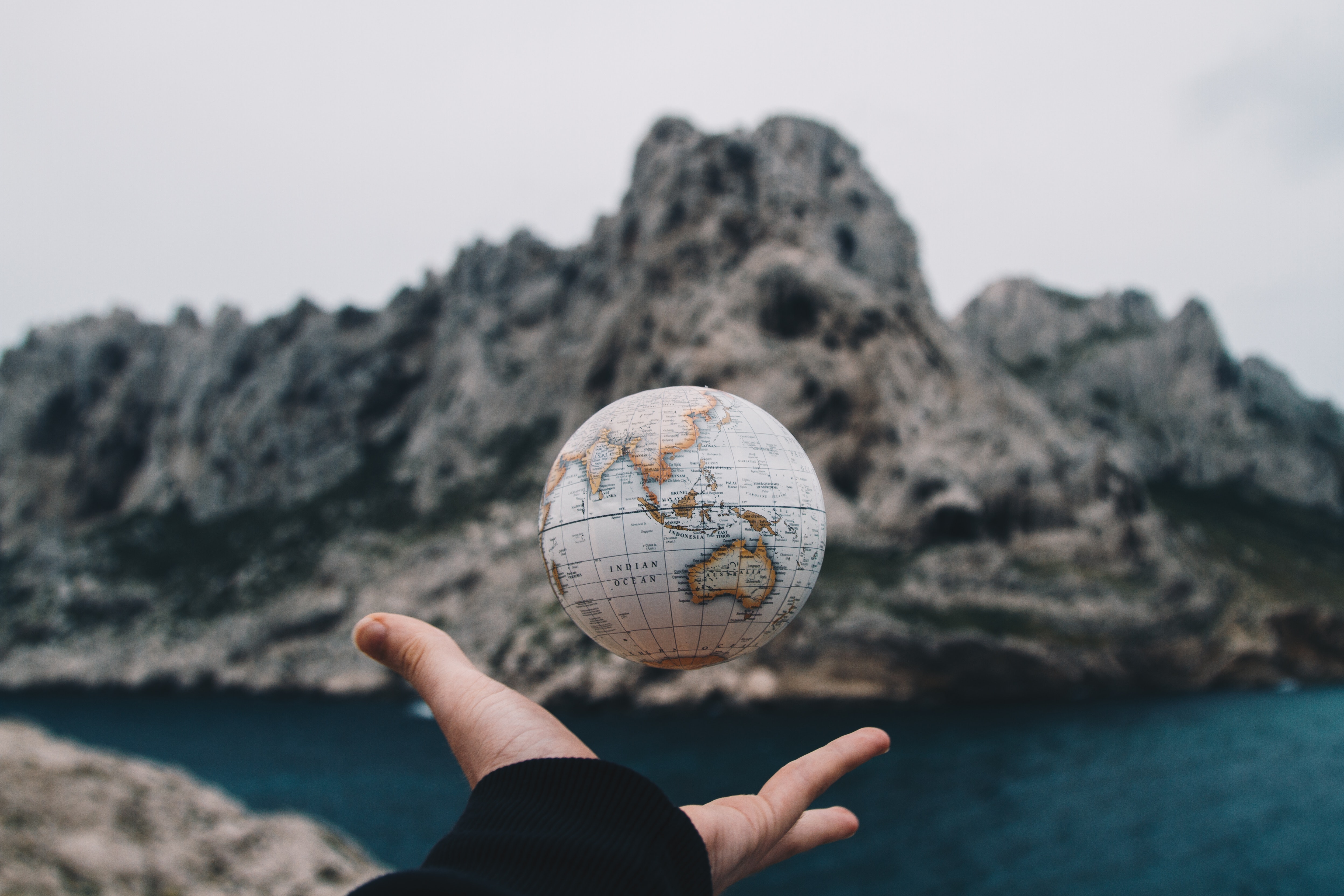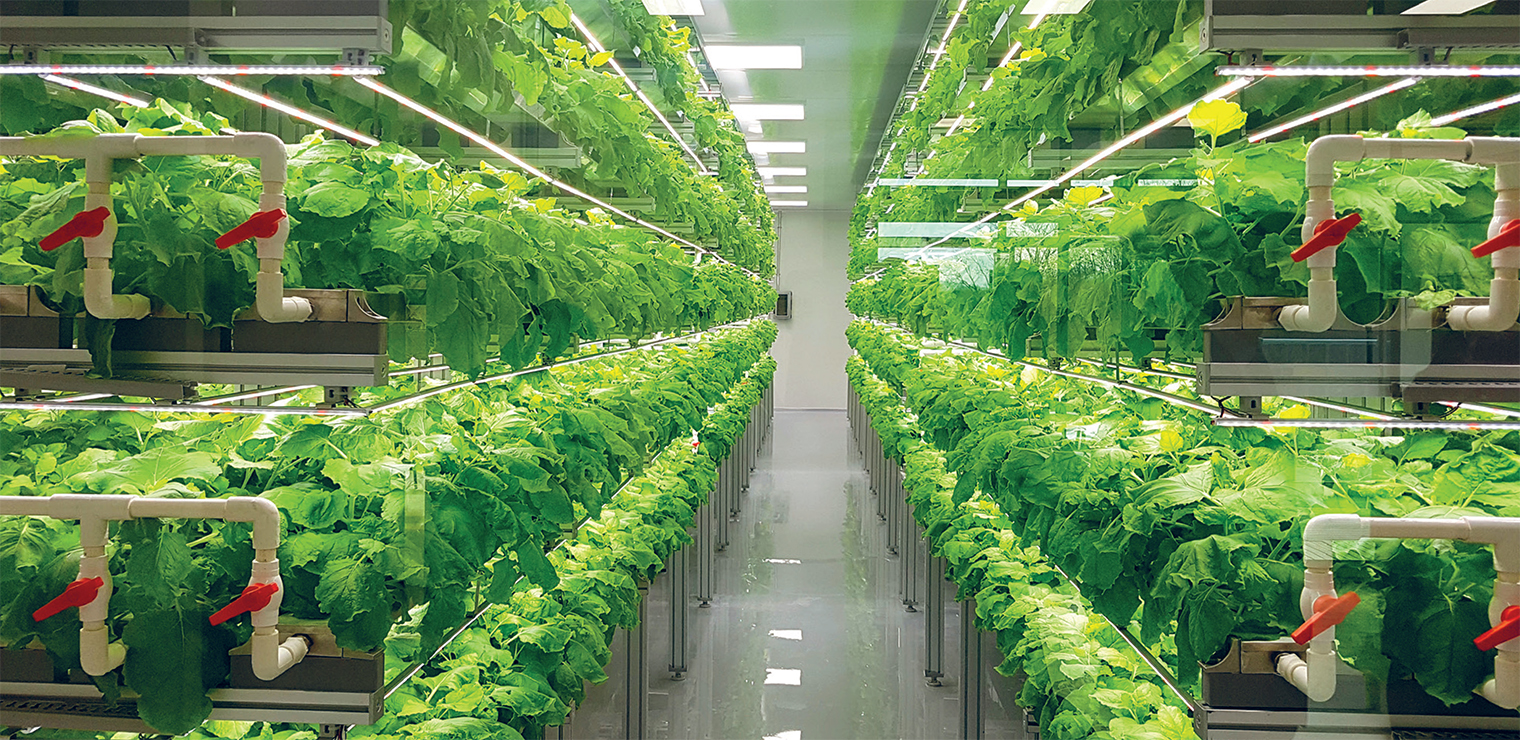Startups are Leading the Next Innovative Charge for Sustainability Solutions
06 January 2023•
Lucidity Insights in partnership with Entepreneur Middle East recently published a Special Report on "Sustainability Innovations and Startups in MENA". The special report covers some of the most innovative startups, VC firms and corporations taking strategic action to address critical sustainability issues.

This special report features several up-and-coming startups in the region, telling us about the sustainability challenges they are trying to solve for, and how they are going about it. Startups range from those addressing fisheries and oceans issues such as Archireef’s 3D printing solution for reef rehabilitation, to Seafood Souq’s digital solutions for enhancing transparency and traceability in the seafood supply chain. Startups addressing sustainable and smart cities include Opteam’s AI-driven predictive analytics SaaS for optimizing facilities management, and Studiolibani, an urban planning and landscape architecture firm providing optimal urban resilience strategies and spatial design solutions. Some other startups that are supporting both individual and corporate climate action are the Green Future Project, and FortyGuard is developing highly granular level temperature heat maps to help measure the impact of urban heat on cities. UAE’s own homegrown sustainable fashion brand, Nomad, talks to us about trying to slow down the impacts of fast fashion. Other startups such as re.life have used the digital economy to facilitate industrial levels of recycling by connecting buyers and sellers of goods such as wires, batteries, fabrics and more. Aircarbon Exchange has built its commodities exchange on blockchain technology making carbon trading transparent and frictionless.
The special report also covers Hub71 and VentureSouq’s perspective on how VCs can play a significant role in building a sustainability-oriented economy. In the past year, over US $90 billion has been invested in climate tech startups by venture capitalists, making it one of the fastest growing startup sectors in the world. The Report also covers interesting initiatives being explored in the region, including Radisson Hotel Group’s installation of a hydroponic farm on the top of their Radisson Blu, Dubai Deira Creek Hotel, to raise their own micro greens, lettuce and radishes.

Here are 10 things we learned about Sustainability in the Report:
- 2019 was the second warmest year on record. CO2 levels and other greenhouse gases are at record levels (though the pandemic shutdowns and slowdowns have helped reduce CO2 emissions in recent years). Weather patterns are changing, sea levels are rising, and climate change continues to have severe effects on public health, food and water security, migration, peace and security.
- Fun Fact: the distance between the Earth’s surface and the Ozone layer is a distance of 40 kilometers.
- The Middle East is home to only 1% of the world’s freshwater resources. It is one of the world’s most water-scarce regions. As the world’s average temperature increases by +2oC, it is forecasted that this would result in a 20-40% decline in rainfall, further exacerbating the situation in the coming years.
- In 2021, there were 78 Climate Tech unicorns. Climate Tech, which refers to the technologies used to address climate change by reducing greenhouse gas emissions, is one of the fastest growing sectors today, both in terms of the number of startups being founded in this category, as well as the number of investors and climate funds being launched in 2021 and 2022. Over US$ 260 billion in VC money has been invested into climate tech companies in since 2018, of which over $50 billion has been fundraised in the first 3 quarters of 2022.
- Temperatures are rising in 500 cities, but there is no data to benchmark the problem. Moreover, temperatures can vary by 15OC in a city using smart location data and the granularity of the data will help in planning sustainable cities.
- Hydroponic farming saves up to 95% in water consumption and produces higher yield than conventional agriculture in the same space without the need for herbicides or pesticides.
- Coral reefs helps to provide food for 1.2 billion people, and protects coastal communities from the likes of tsunamis! Sadly, coral reefs are currently on track to lose 90% of their global coverage by 2050 due to stress from coastal development, climate change, declining water quality and a myriad of other localized issues.
- Approximately 40% of the world’s energy consumption is attributed to constructing and operating all the buildings and facilities scattered across the world; and by 2050, air conditioning to cool or heat our buildings will be the largest energy consumption factor for our global built environment.
- Research shows that up to 36% of the seafood we buy at restaurants and at the grocer all around the world are mislabeled! This is due to the lack of transparency in the seafood supply chain, which allows for sellers to mislabel a fish in order to sell fish that was caught illegally, or to simply mark-up the price to end-consumers.
- Fast Fashion has meant that 60% of new clothing made is thrown away within one year, ending up in landfills. Meanwhile, the fashion industry contributes to generating 20% of the world’s wastewater each year from processes such as dying fabrics.
If you want to learn more about sustainability and the startups, companies and investors that are taking innovative approaches to addressing sustainability in MENA, click and download the full report, “Sustainable Innovations and Startups in the MENA Region,” here.

%2Fuploads%2Fmena-sustainability-innovation%2Fcover9.jpg&w=3840&q=75)